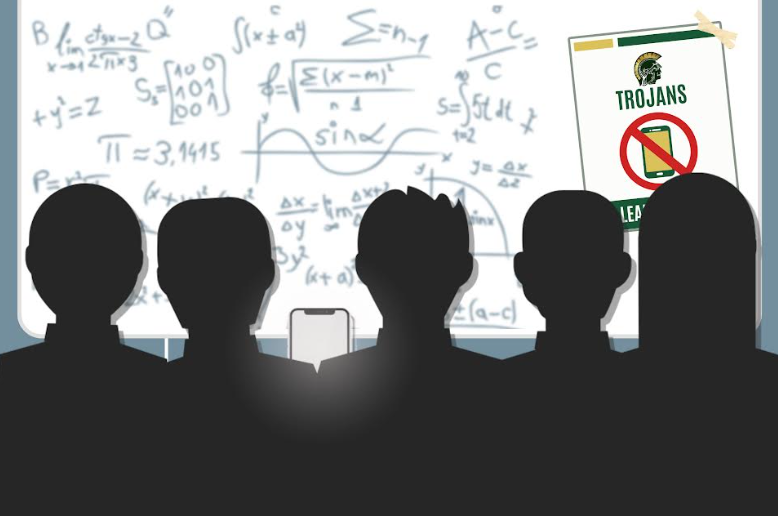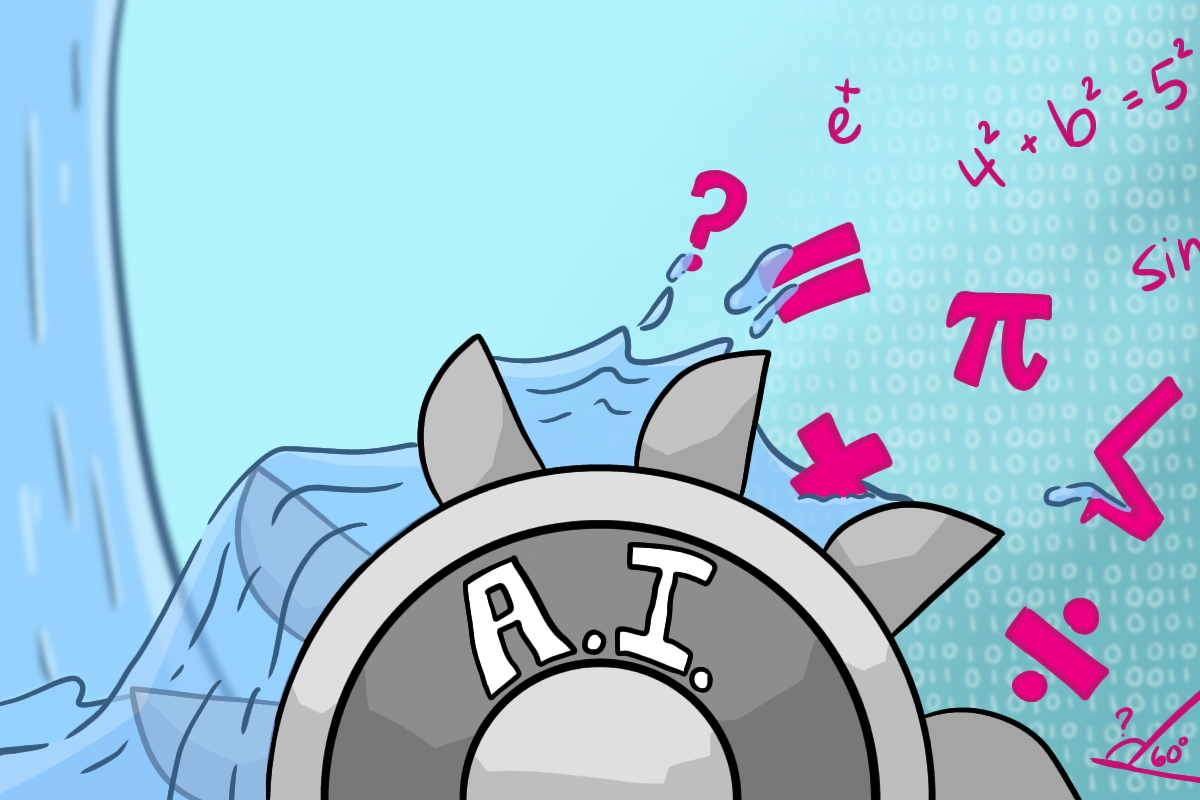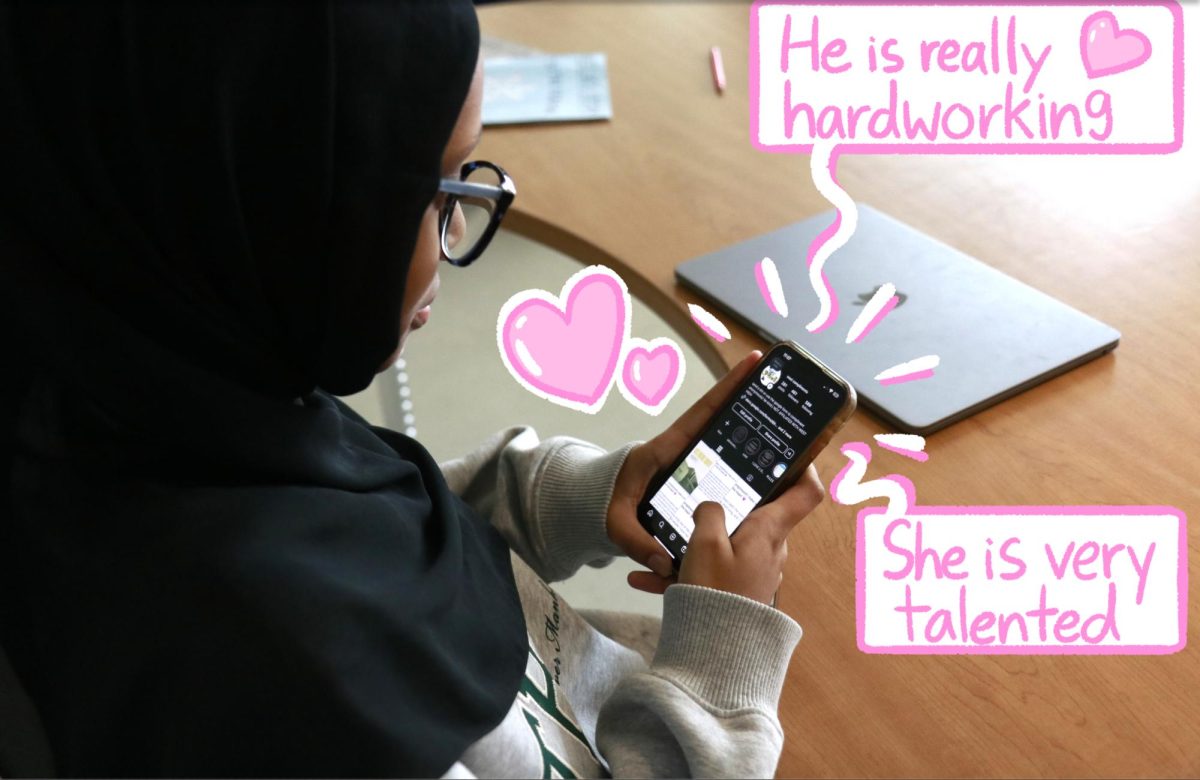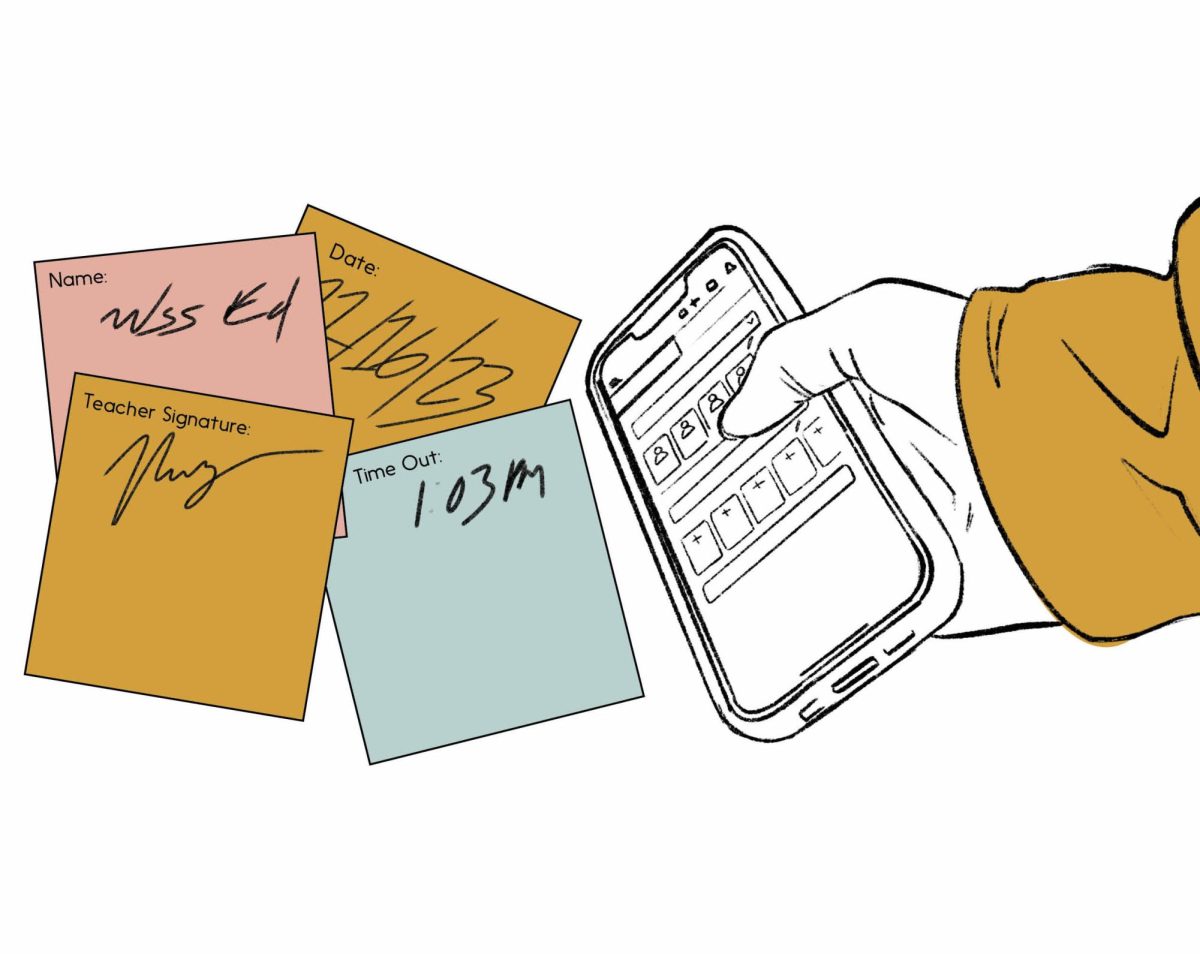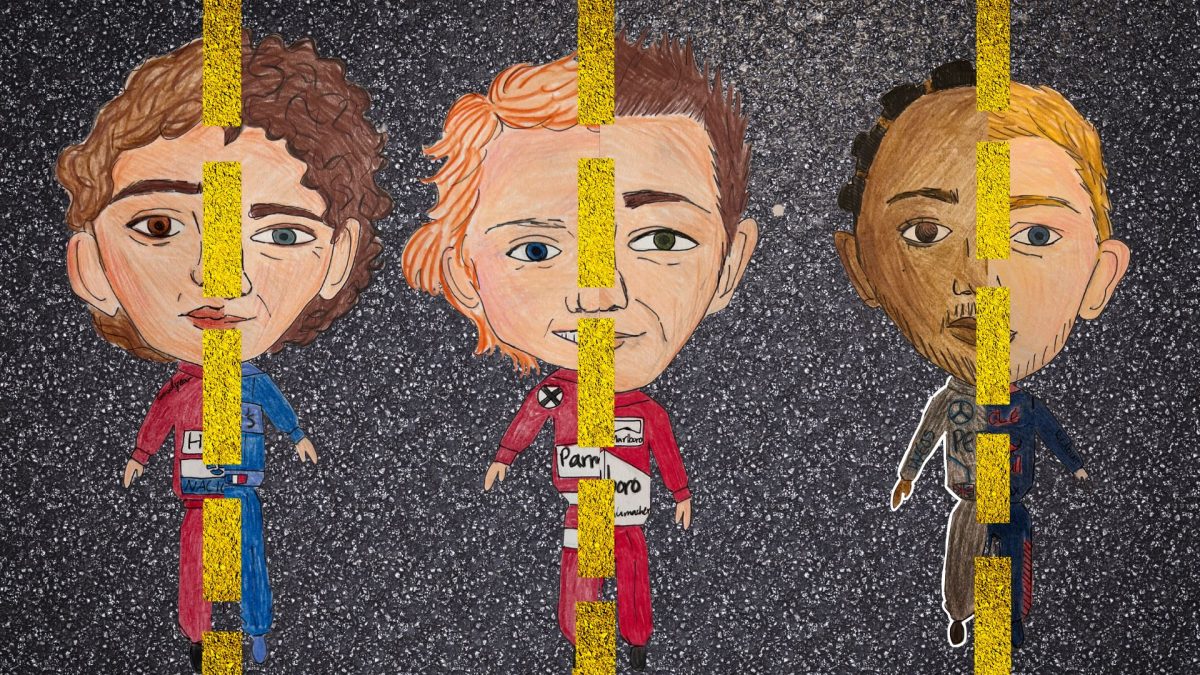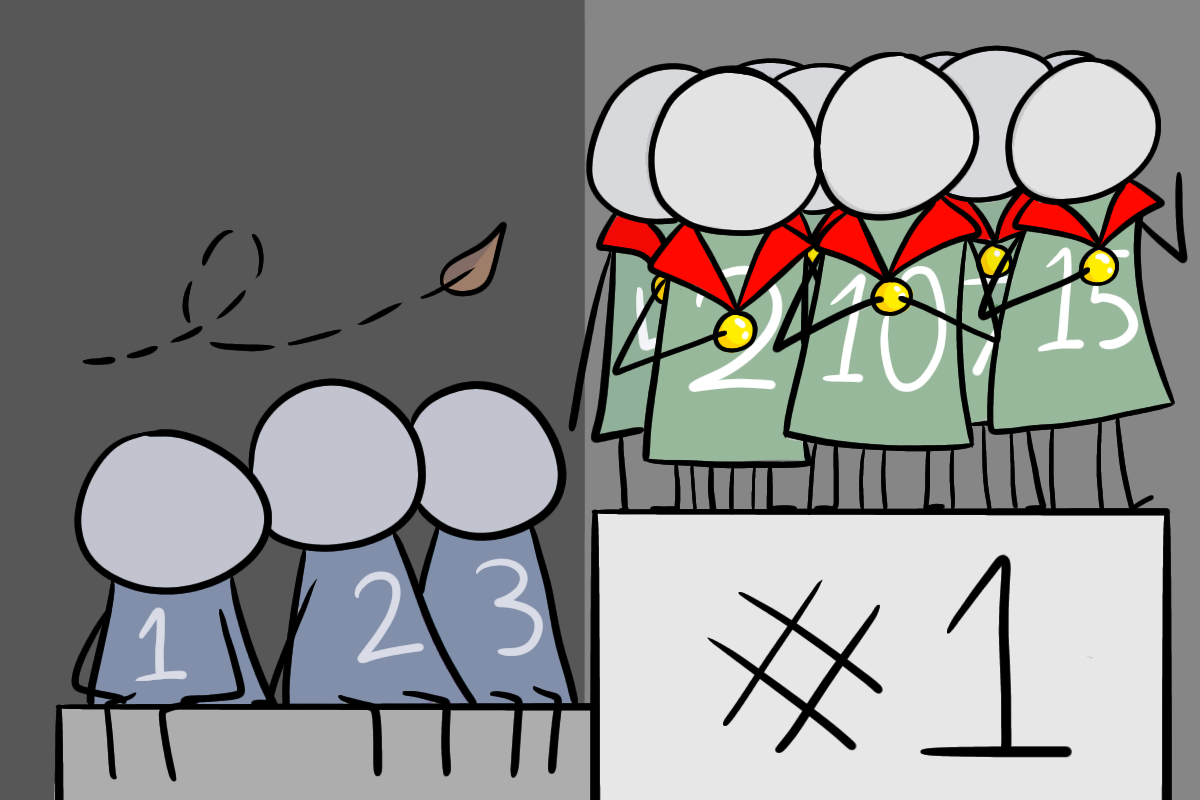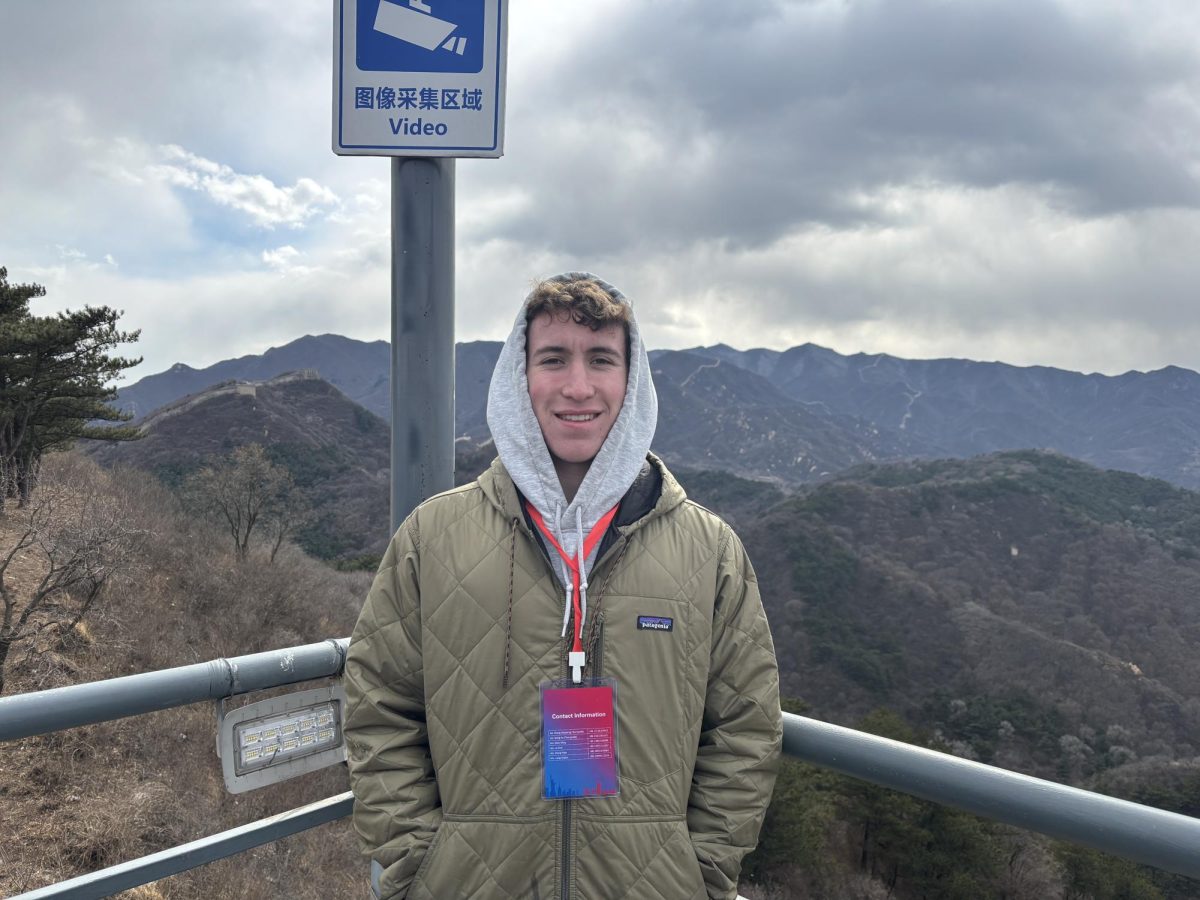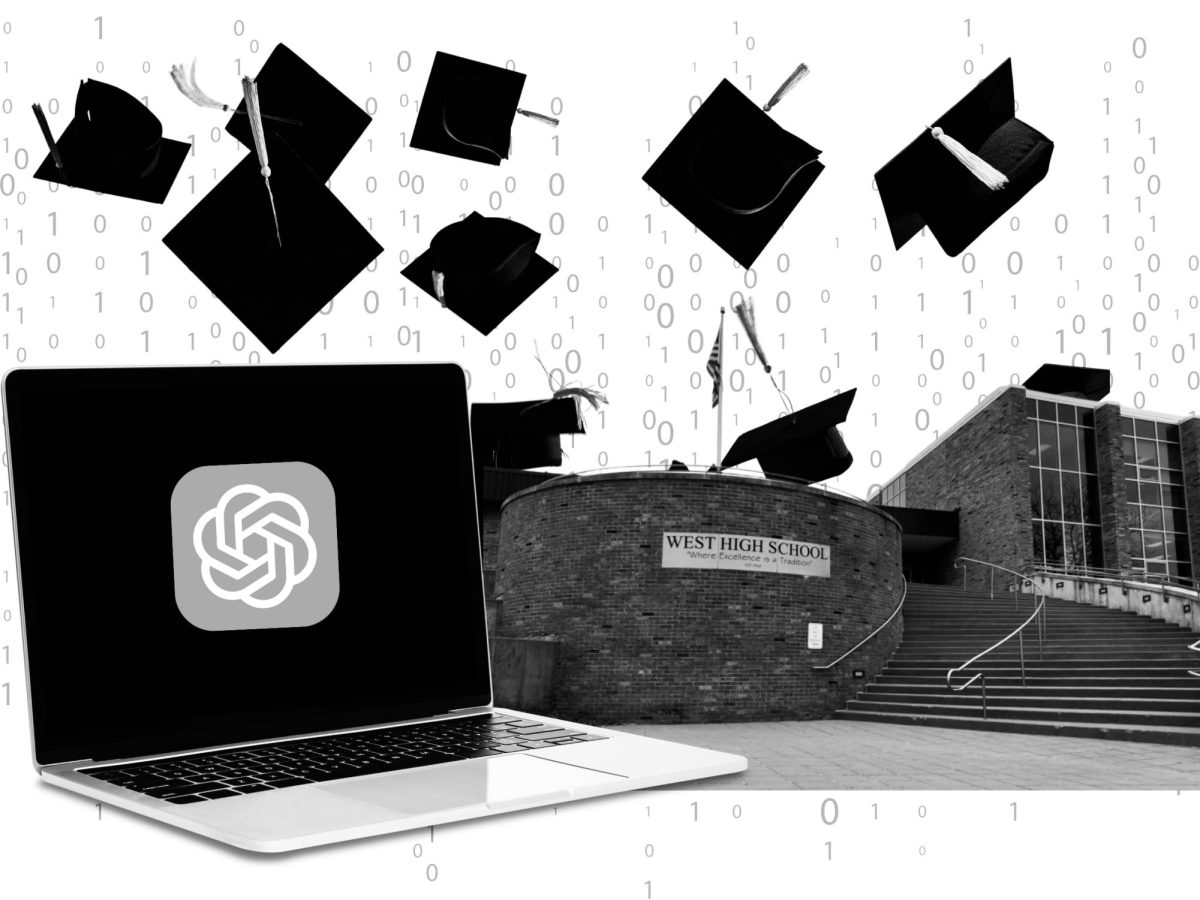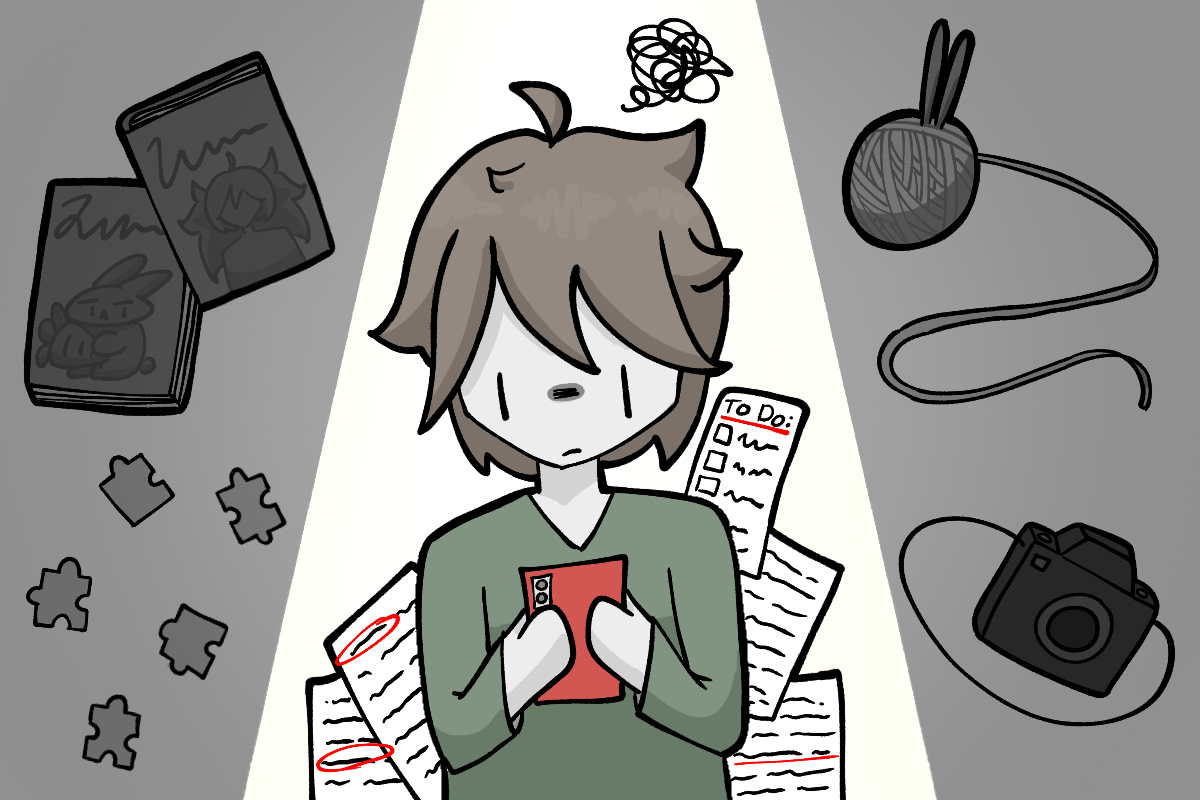Phone use in school has been proven to be a double-edged sword; while some thrive with easy access to the entire internet in their palm, others may be distracted by the beeps and buzzes coming from their pocket. A 2016 study found a positive correlation between school-related engagement on devices and motivation to learn supplementary content outside of school. However, a 2022 study reveals that phone use in school directly relates to a drop in GPA, which creates concerns for teachers and staff given that 95% of high school students bring cell phones to class.
Phones have become a huge source of distraction in the post-COVID-19 era, with 60% of students receiving over 200 daily notifications. As of 2022, YouTube, social media and gaming account for 75% of phone use during school. However, for students who use devices responsibly, phones are associated with better academic performance; they allow students access to the internet anywhere, letting them utilize information, complete assignments and instantly read and respond to emails related to school.
Despite the importance of an effective cell phone policy, West’s current approach is tedious and difficult to follow. Teachers often do not want to reach out to parents after only two infractions since it’s difficult to enforce for all students, and the Infinite Campus Behavior Referral is difficult to fill out. This is why, according to an anonymous teacher survey, only half of West’s teachers say they ‘mostly’ follow the policy or they follow the policy ‘to a tee’, and 10% of teachers have their own policy for students to follow. Because of this, West needs a new policy for all teachers and staff to follow consistently and easily.
There doesn’t seem to be a single solution that completely solves the problem, but the Iowa City Community School District (ICCSD) is attempting to diminish the issue by resolving portions of the problem.
One possible solution suggested by the school board is a bell-to-bell, no-phones-allowed policy. To enforce this policy, teachers would either take phones at the beginning of the day, or, alternatively, if a phone is seen out, confiscate it for the day. However, this policy may not be feasible because after phones are taken away, students cannot easily contact or be contacted by family or guardians during emergencies. Also, the staffing required to collect phones exceeds what West can provide. Another proposed solution is to commit to our current system with stricter enforcement. Phones may be taken away after one warning instead of two. However, this still doesn’t solve the issue of low teacher enforcement.
The West Side Story Editorial Board believes the best method is to leave enforcement to individual teachers. Each teacher could choose to take phones at the beginning of class and put them in numbered pocket charts, or big boards with labeled compartments for each phone to go into. Teachers could also use phone boards for attendance, marking a student absent if their phone isn’t in the designated spot. This solution not only lessens distractions but also provides fast emergency contact to a parent or guardian, allowing students to easily grab their phones during class if needed.
The phone policy has to change. It needs to be modified to ensure students are focused in class while still having flexible access. West’s current policy is too difficult to follow, and phones are too distracting. There are plenty of methods that can be created, but most are either too hard to enforce or don’t answer the other issues presented by phones, such as communication in case of emergencies. The best solution to these issues is a policy allowing teachers to take phones at the start of class if they feel the need. To offer the best support for teachers, staff and students, the school board must utilize a policy that is both practical and effective.

